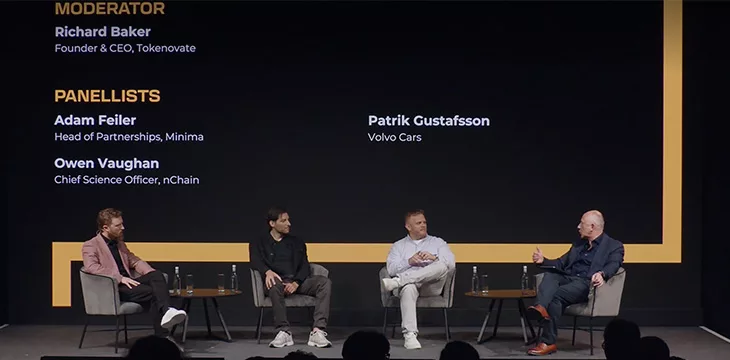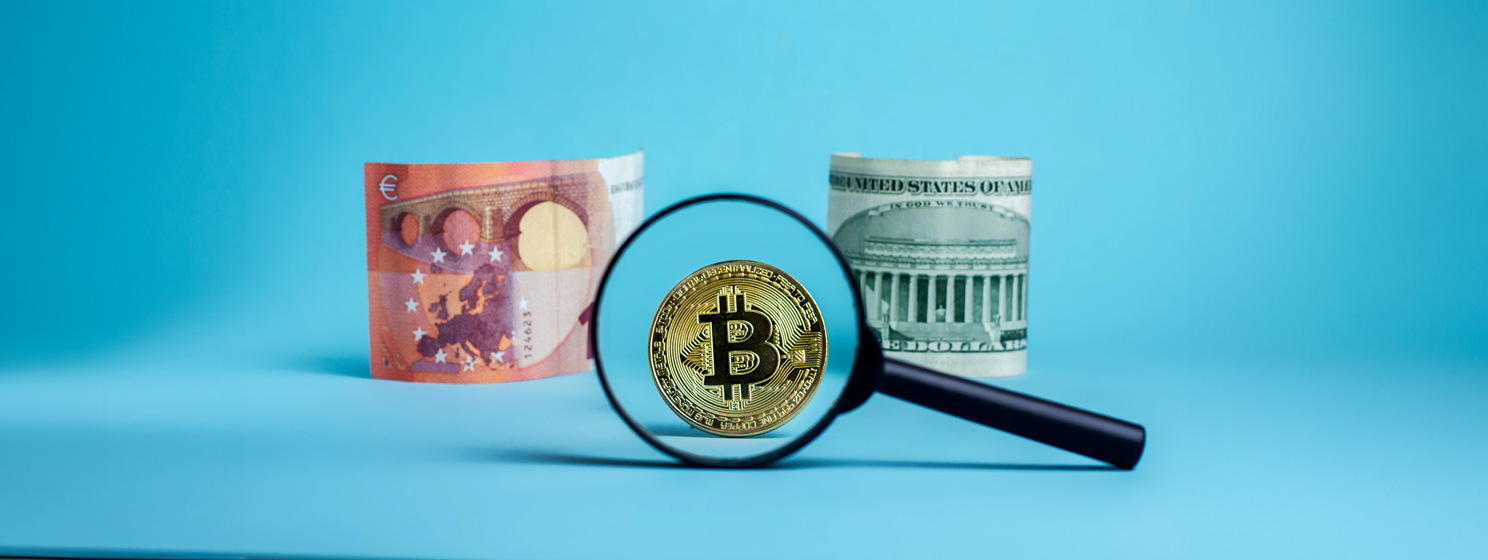|
Getting your Trinity Audio player ready...
|
There’s been much talk about the Internet of Value in recent years. At the London Blockchain Conference 2024, Tokenovate CEO Richard Baker hosted a panel discussion on this subject, exploring how blockchain technology will play a role.
Joining Baker were Adam Feiler, Head of Partnerships at Minima, Owen Vaughan, Chief Science Officer at nChain, and Patrik Gustafsson from Volvo Motors (NASDAQ: VOLVOF).
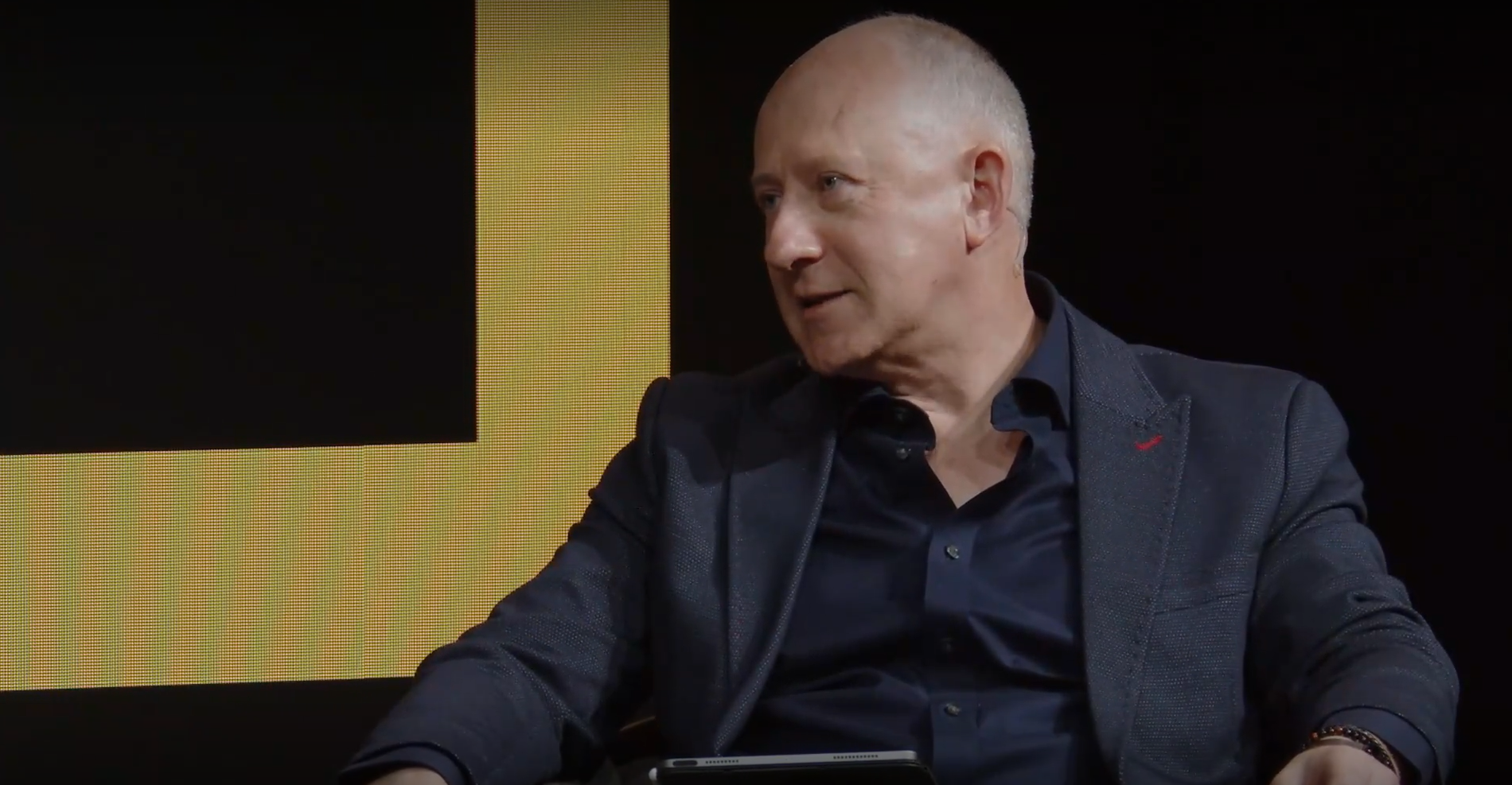
What is the machine-to-machine economy, and what is the internet of value?
Vaughan notes how we use terms like the Internet of Value and machine-to-machine networks, Web 3.0, etc., without necessarily explaining what they mean.
He says Web 3.0 is where physical world devices and machines link up to the internet in such a way that it’s all decentralized and secure and where people can manage their own identity, perform direct peer-to-peer transactions and communications, and more. The key difference is that physical devices will now play a role.
Feiler elaborates on the concept of DePin, a decentralized physical infrastructure network. The term was coined roughly 18 months ago, and it consists of physical hardware, the services it can provide, and people willing to pay for those services. Right now, it’s being tested via tokenized mobile hotspots where people can make micropayments to get online. Tokenization plays a key role in machine-to-machine payments, he says.
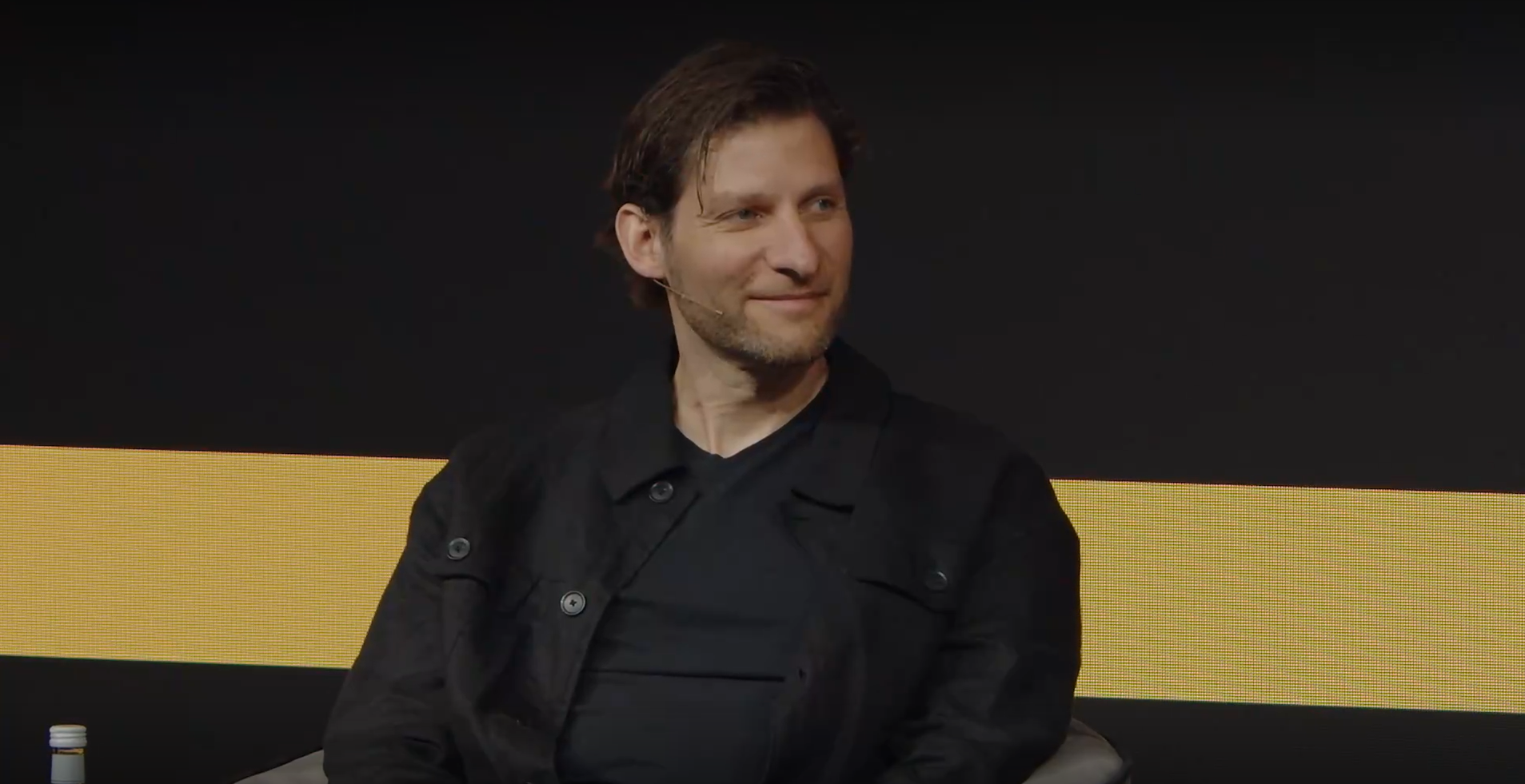
Gustafsson likens autonomous cars to smartphones on wheels, with phones acting as keys and drivers as sensors. These cars will collect data from drivers and their environments, and companies like Volvo will require permission from any third party to access that data.
How will blockchain standards for identity play a role in all of this?
Vaughan tackles this question first. He says that in Gustafsson’s analogy of a car as a smartphone on wheels, the driver is seen as a user. However, the user has an identity in their own right, and the car is a user of that identity. Where human identity is concerned, privacy is crucial, and it must be possible to prove one’s identity without revealing any other details.
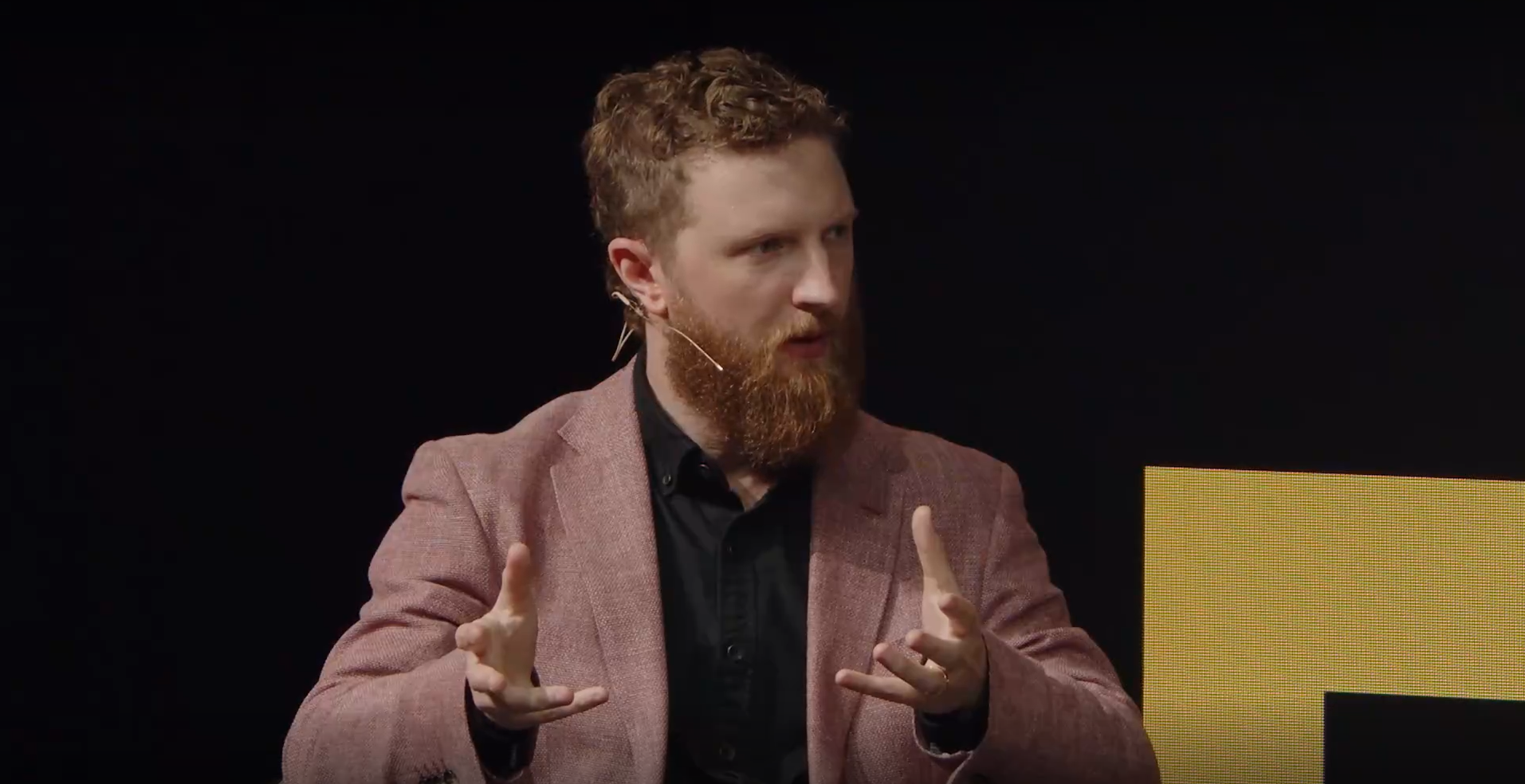
Recording interactions between cars on the blockchain is an interesting idea, Vaughan continues. In certain circumstances, we may need to find out what has happened, and having immutable records is useful in those situations.
Gustafsson tells us that vehicle-to-vehicle communication requires safety, reliability, interoperability, and scalability. Low latency is also necessary, as everything is about timing. Black boxes will contain all event data, and this can be prioritized in layers, from communicating road conditions to recording what happened in collisions.
Will things like cars be seen as real world assets and tokenized?
Feiler notes that ‘Real World Asset’ is another buzzword that has popped up, usually explaining how a physical thing can be tokenized. However, even individual components and infrastructure can have digital twins and identities, and it’s thus possible to ascribe value to them.
For example, in South America and Africa, tokenized WiFi hotspots provide access for people to educate themselves and do commerce, and the growth in the area is measurable, making it possible to accurately ascribe value to the hotspots.
What’s your prediction for where this will be in five or 10 years?
Vaughan says it depends on standards. These can be produced in two main ways: either by discussion via committee or by one becoming so dominant that the others follow.
Gustafsson focuses on autonomous cars. He says users will interface with everything through the vehicle’s infotainment system. Digital payments for tolls, parking, etc., will be made through this. Minima has demonstrated how blockchain can already live on the edge within vehicles, and payments are only part of what blockchain nodes will do.
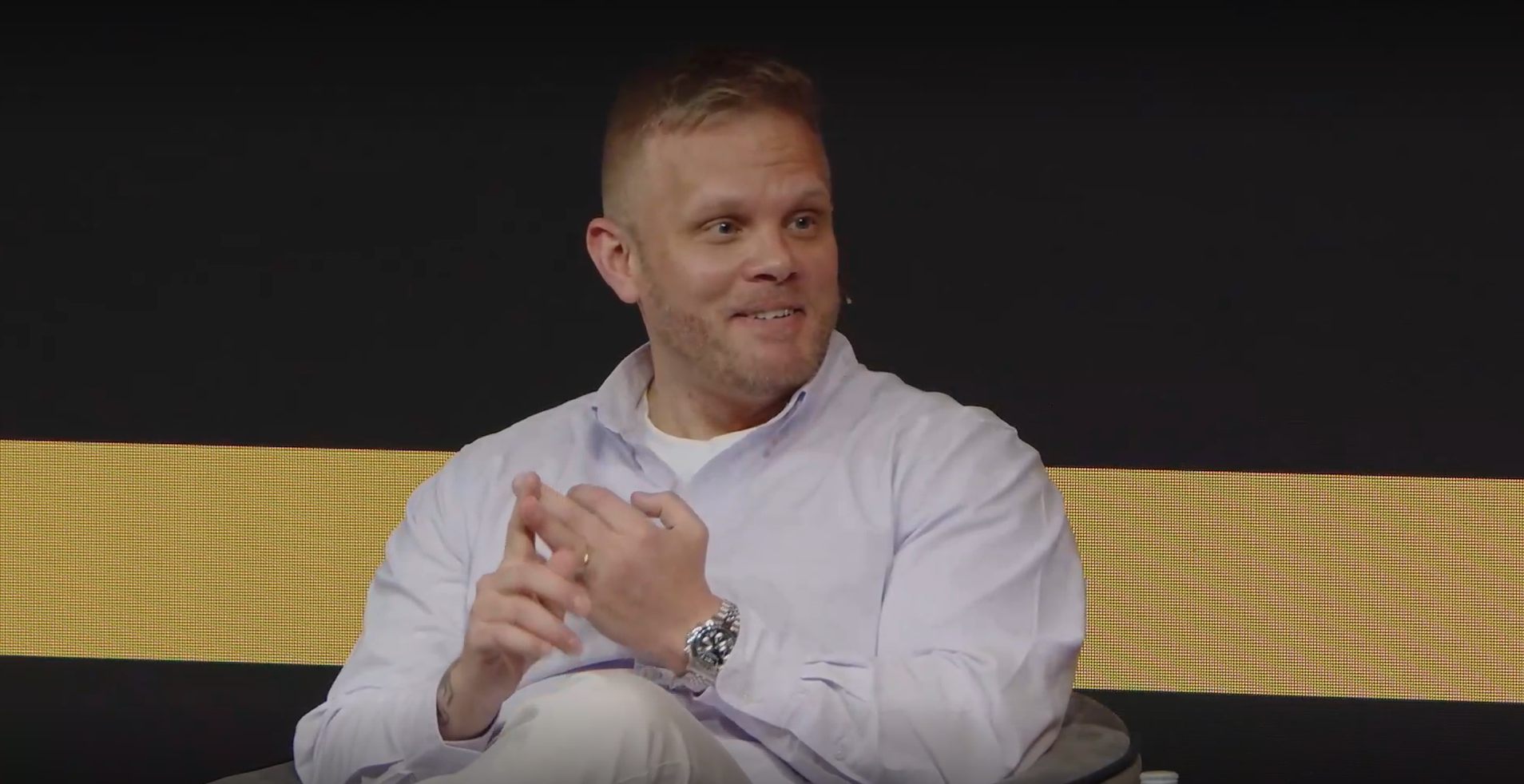
Feiler wraps up with an announcement: Minima is partnering with a chip manufacturer to run a full microsystem. This will lead to massive efficiency with data attestation and verified communication at the machine level. This is an interesting insight into what blockchain tech can do in the IoT and IoV worlds.
Watch: Day One Summary at the London Blockchain Conference 2024
Day Two Highlights at the London Blockchain Conference 2024
Day Three Highlights at the London Blockchain Conference 2024

 02-27-2026
02-27-2026 
